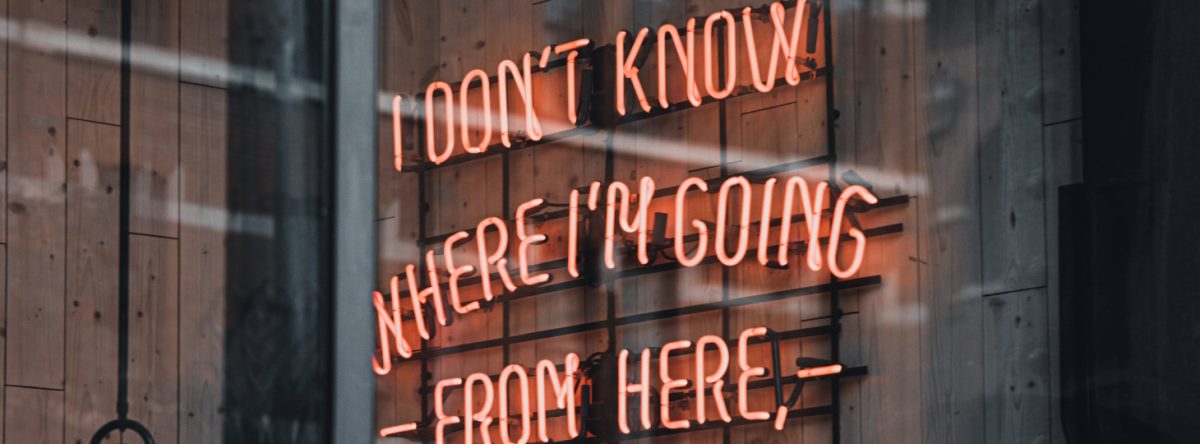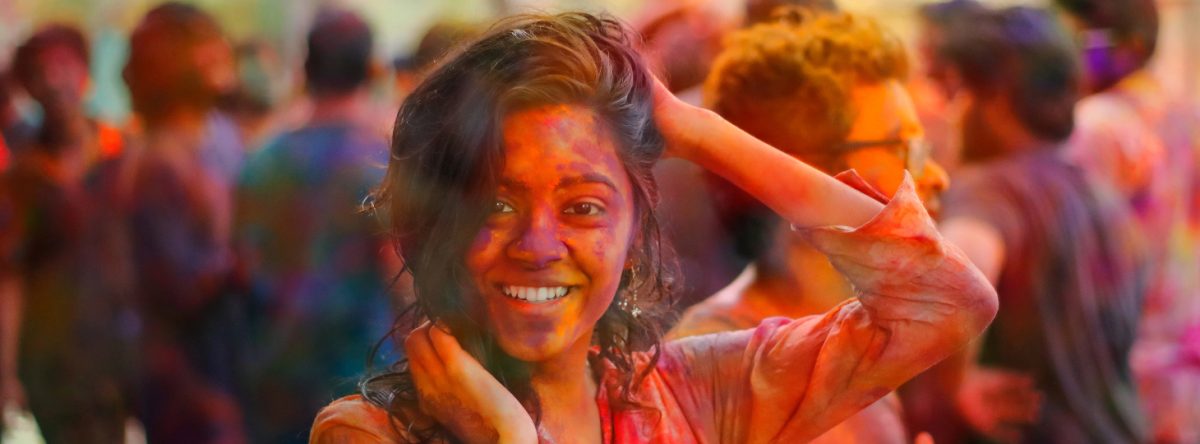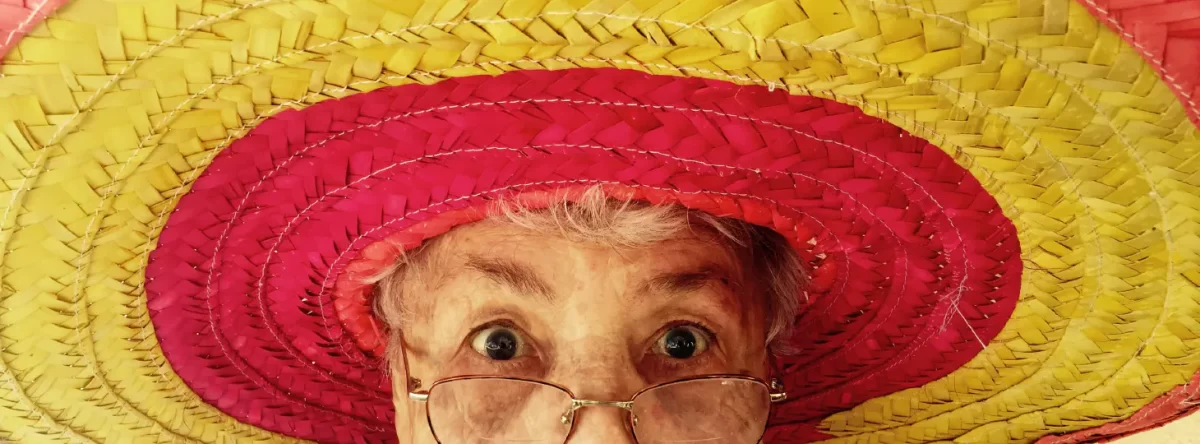Millennials get a bad rap. In an interview that went viral on social media, author Simon Sinek gives an unforgiving indictment of millennials, saying managers struggle to manage them because they are unfocused and entitled. He laments their belief that they can do anything in life, saying that they demand work that makes an impact and has purpose but quit as soon as the fire splutters.
Sinek’s sentiments have been echoed again and again in the public discourse: it is not okay to burn strong and fast then stop, you have to stay the distance. Aside from the fact that Sinek probably overstates the ‘millennials problem’ (sounds like the usual young people today hyperbole), he reveals a common prejudice towards a certain section of society. Not millennials. Scanners.
Scanners & divers
A ‘scanner’ is a term coined by author and career coach, Barbara Sher, who categorises people as either scanners or divers. Divers like to get deep into what they do, and they stay the distance because they’re built to. They’re the specialists. Scanners, on the other hand, prefer to alight briefly before moving on to the next project. They love new ideas and challenges, and are driven by a passion for learning, so when they’ve got what they came for they leave. Scanners are generalists (or polymaths, or Renaissance Men and Women).
The problem is, there’s a deep-seated distaste for scanners embedded in the cultural psyche. No less so than in many scanners themselves, who often feel ashamed of their polymathic leanings and try to bury them and conform to diver behaviour. This becomes clear when reading Sher’s list of scanner statements in her 2007 book, Refuse to Choose!:
“I can never stick to anything.”
“I know I should focus on one thing, but which one?”
“I lose interest in things I thought would interest me forever.”
“I get bored as soon as I know how to do something.”
“I can’t stand to do anything twice.”
“I keep changing my mind about what I want to do and end up doing nothing.”
“I work at low-paying jobs because there’s nothing I’m willing to commit to.”
“I won’t choose a career path because it might be the wrong one.”
“I can’t pay attention unless I’m doing many things at once.”
Scanner guilt
Sher says scanners are taught they’re “doing something wrong and must try to change”. In her compelling TED talk, Emilie Wapnick explains how scanners (she calls them multipotentialites) learn to feel flawed because society expects them to choose one path. She argues that ‘destiny’, ‘purpose’ and our ‘one true calling’ are “highly romanticised in our culture”, so that people with multiple interests that wax and wane are left feeling abnormal.
Wapnick points out that the question, ‘what do you want to be when you grow up?’, keeps kids up at night worrying about the answer, but “it does not inspire them to dream about all that they could be”. As Sinek’s comments show, imagining you can be anything – or everything – is seen as a problem.
Scanners at work
The thing is, there’s not only room for both divers and scanners, but also the need for both. In the workplace, divers and scanners live symbiotically, balancing each other out and together creating enviable results. Any project needs someone with the fire to start it and someone else with the focus to finish it. That’s the point of team work. And every field benefits from the pairing of someone with a broad overview and multidisciplinary background with someone with specific, expert knowledge. Yet, do a Google search for ‘starters and finishers’ and you’ll get a disproportionate number of articles telling us how to get better at finishing.
Despite the residual prejudice, there is an increasing call for generalists in the workplace. Changes in the economic climate mean that specialist roles are becoming more generalist. In an article published in the Harvard Business Review, Vikram Mansharamani says it’s generalists – with their varied experience – that our global and connected economy requires. He cites robust evidence that generalists are better at predicting outcomes in the face of uncertainty because of their breadth of perspective. “The specialist era is waning”, says Mansharamani.
And with the explosion of AI and machine learning, and, with it, the looming automation of our jobs, who do you think is best adapted to survive the cull?
Martin Ford, futurist and author of Rise of the Robots: Technology and the Threat of a Jobless Future, in a recent Guardian article says that the safest jobs are those involving considerable creativity and building complex relationships. Two things generalists often do best. What’s more, experts advise us to diversify our careers and deploy multiple talents in order to stay employable. Sounds like a scanner’s dream! “We’ll all have seven or eight jobs, with the average adult working for a number of companies simultaneously”, predicts Futurist Faith Popcorn.
The coming era of scanners
Wapnick says multipotentialites have three strengths: idea synthesis, rapid learning, and adaptability. These are highly desirable in this time of massive economic change and ambiguity. Those who can pivot in the direction of market needs stand the greatest chance of surviving and thriving.
“As a society, we have a vested interest in encouraging multipotentialites to be themselves. We have a lot of complex, multidimensional problems in the world right now, and we need creative, out-of-the-box thinkers to tackle them,” says Wapnick.
So, Simon Sinek, perhaps your unfocused and entitled millennials are, in fact, the newly adapted generation for the future. And maybe all the scanners out there with hang-ups about their allergy to single-minded focus are coming into their own.




